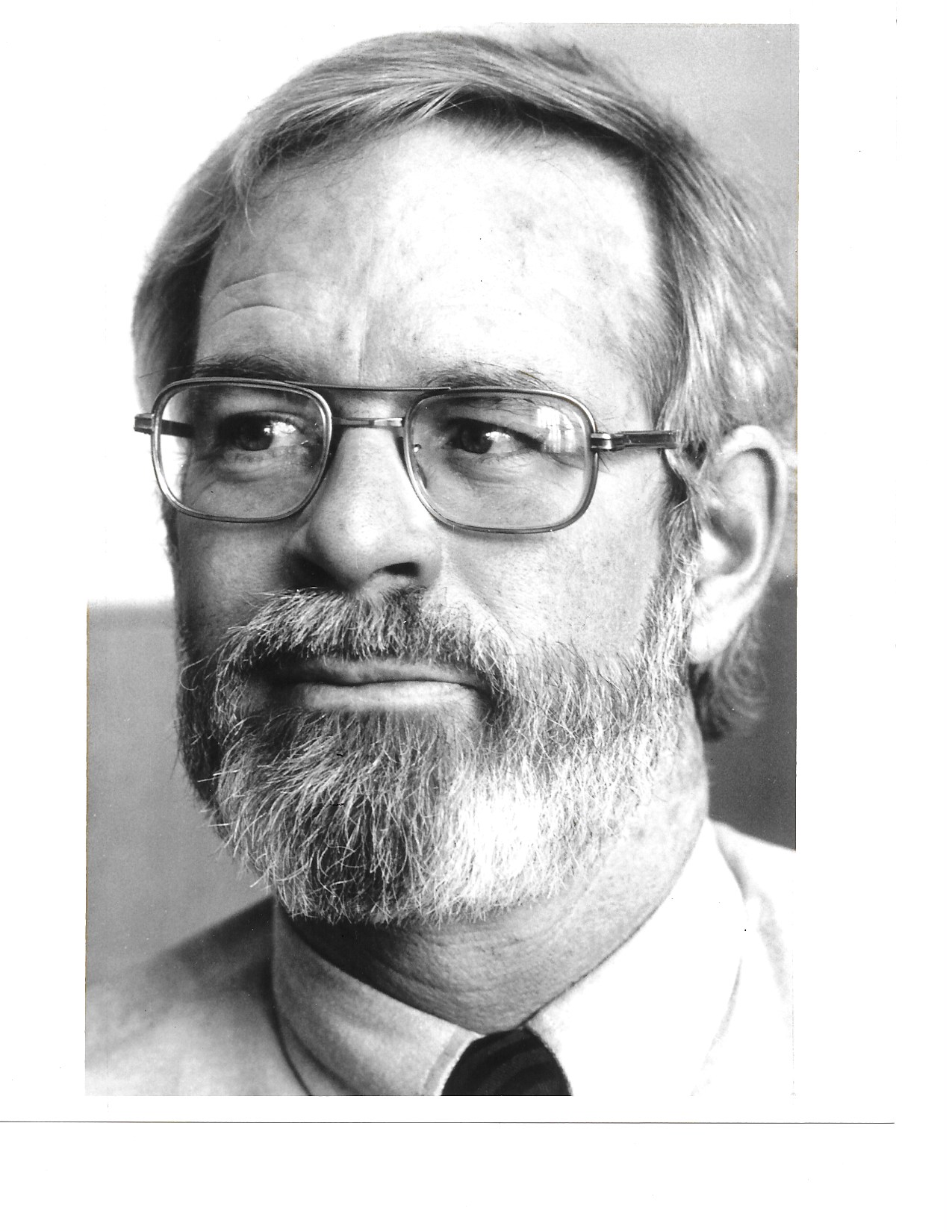DIRECTORS HIGHLIGHT
“We hoped to make the center the development resource for itself and the college,
an initiative undertaken by Cynthia Buckingham, whose first success was securing a
five-year grant from the Eccles Foundation to support fellowships. The center continues
its interdisciplinary mission by supporting academic research, public outreach, and
educational enrichment programs.”
- Norman Council - Founder
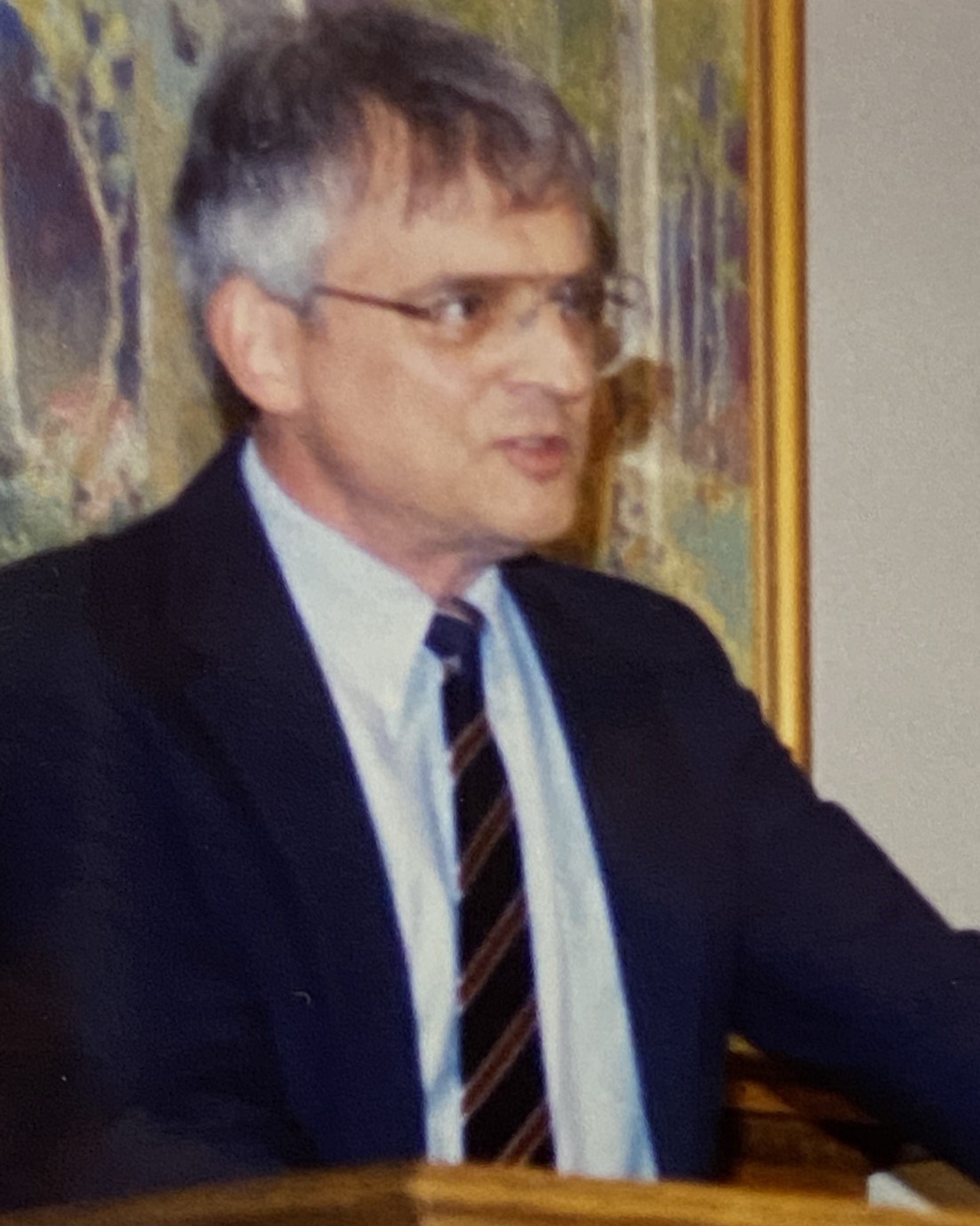

Then Now
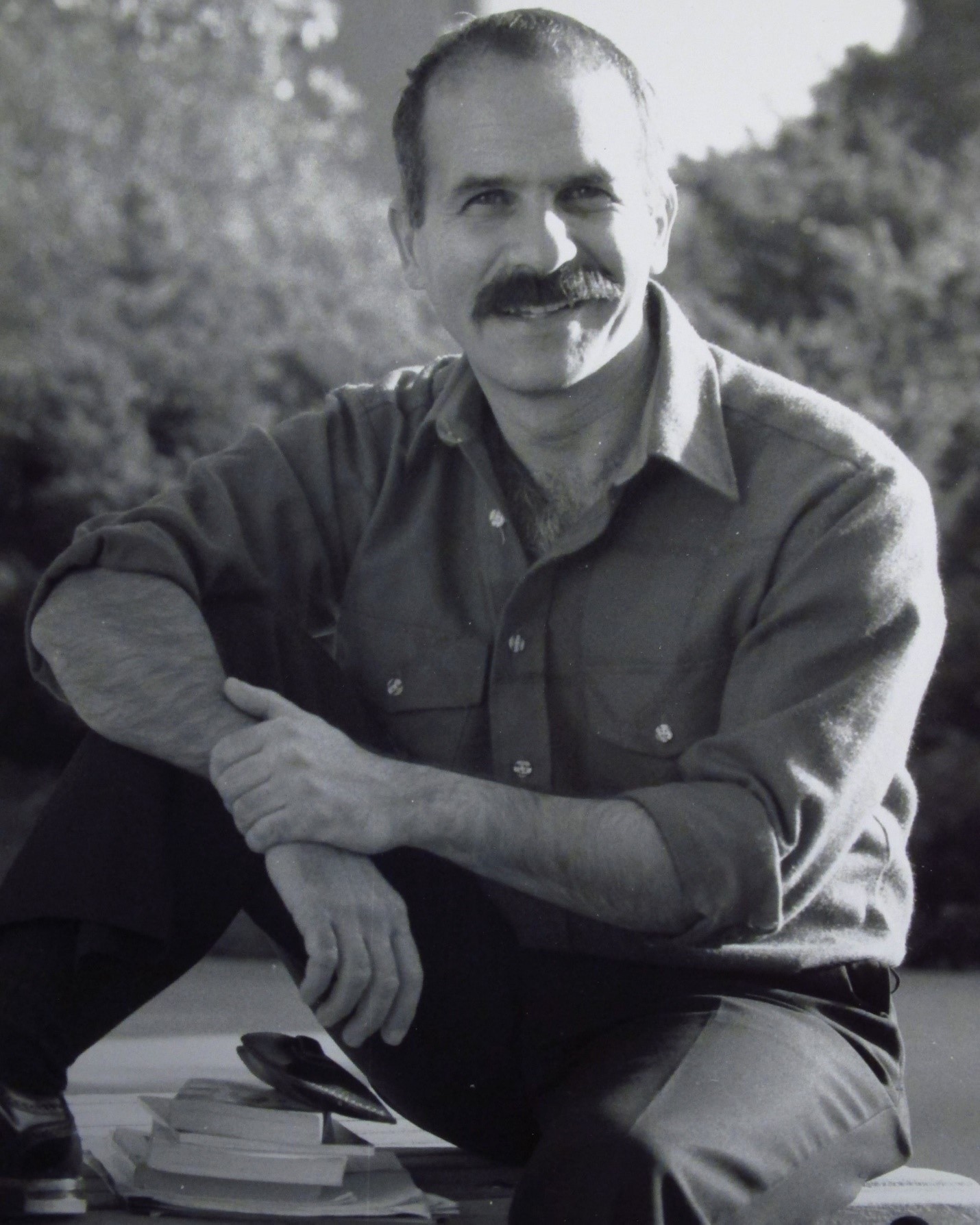
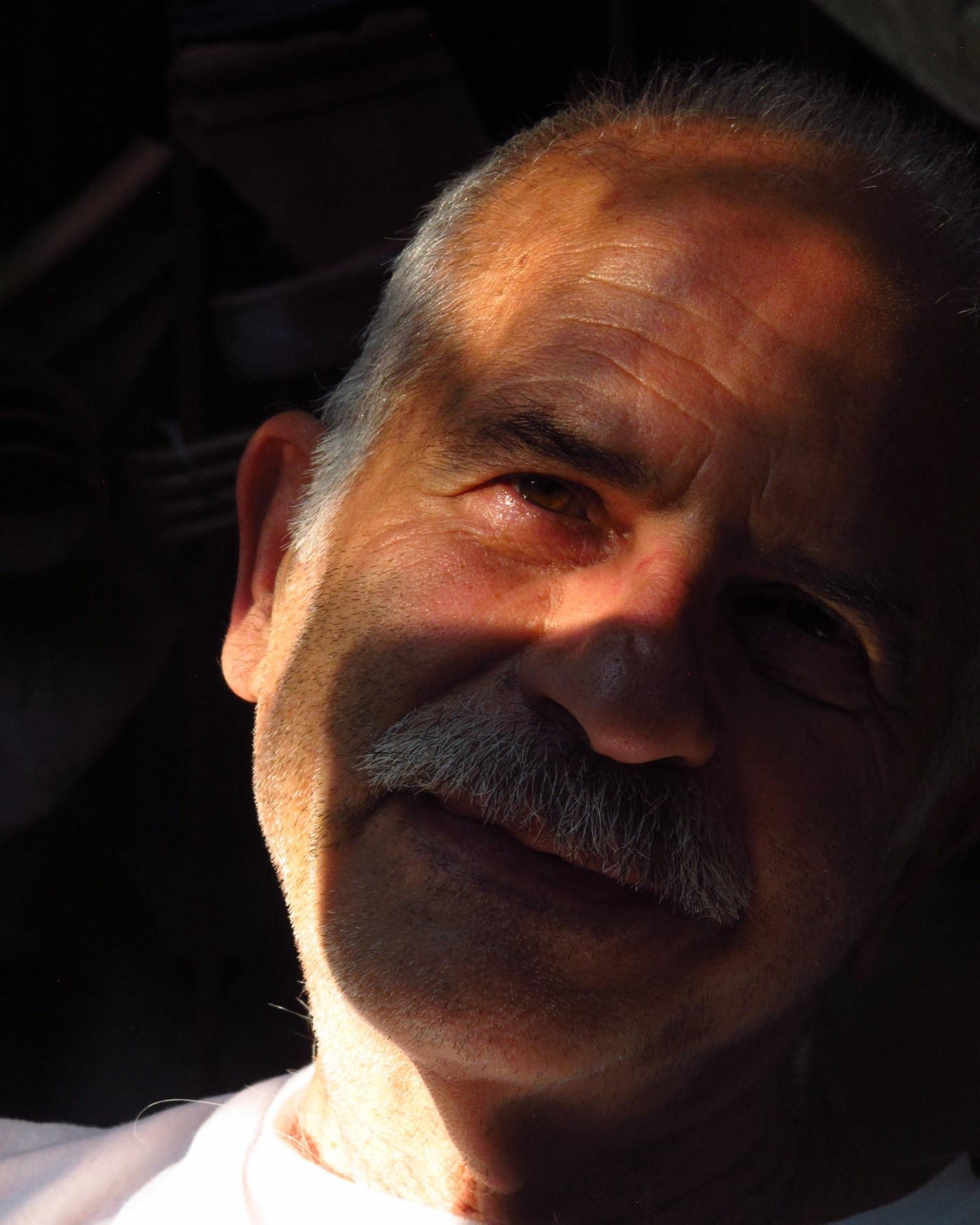
Then Now
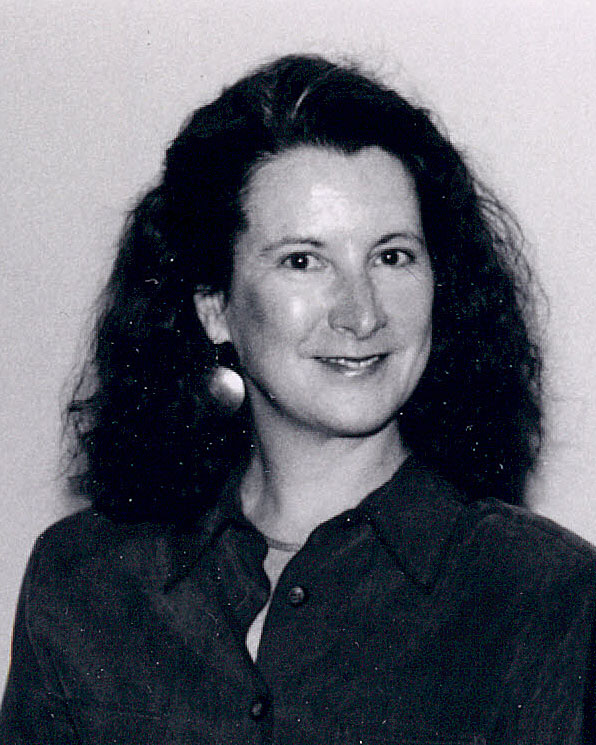
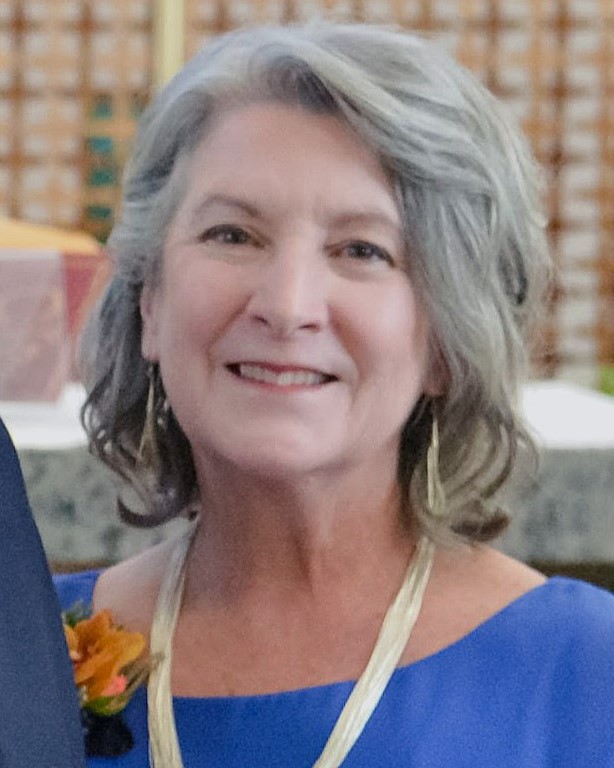
Then Now
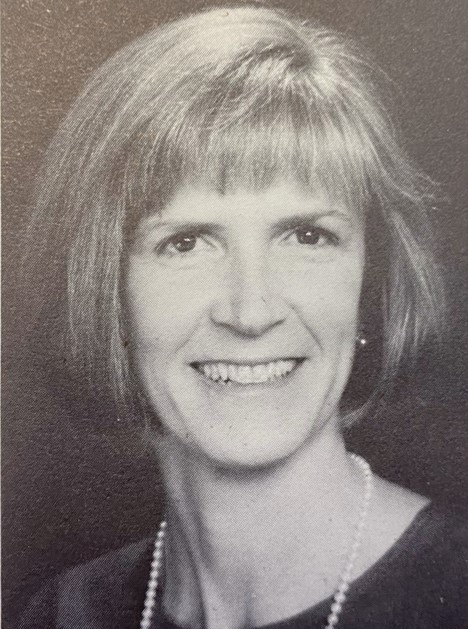
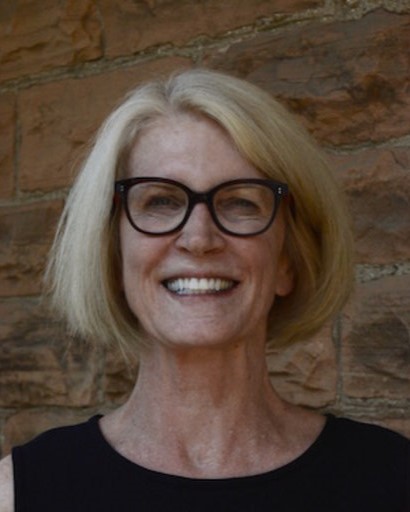
Then Now
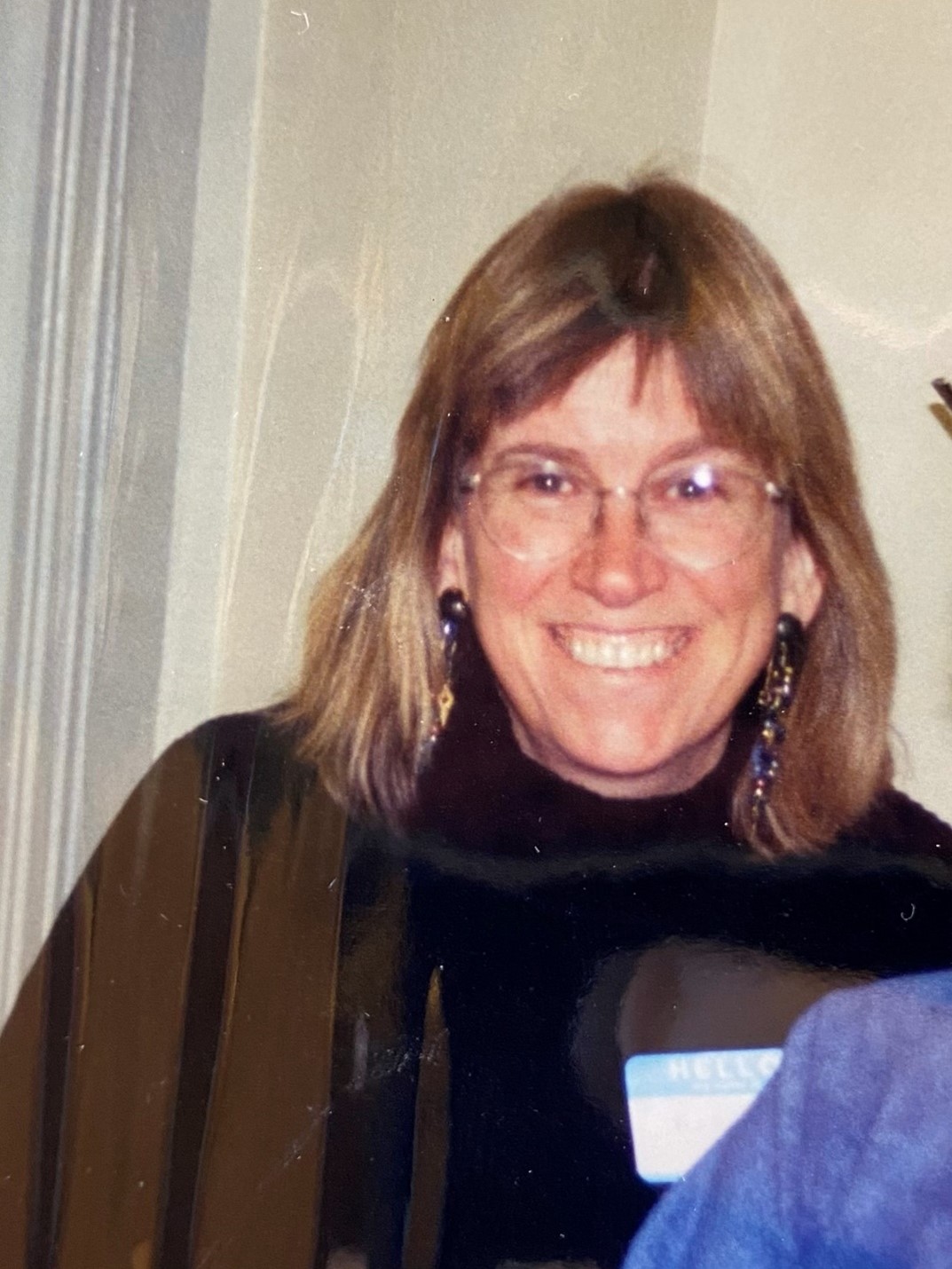
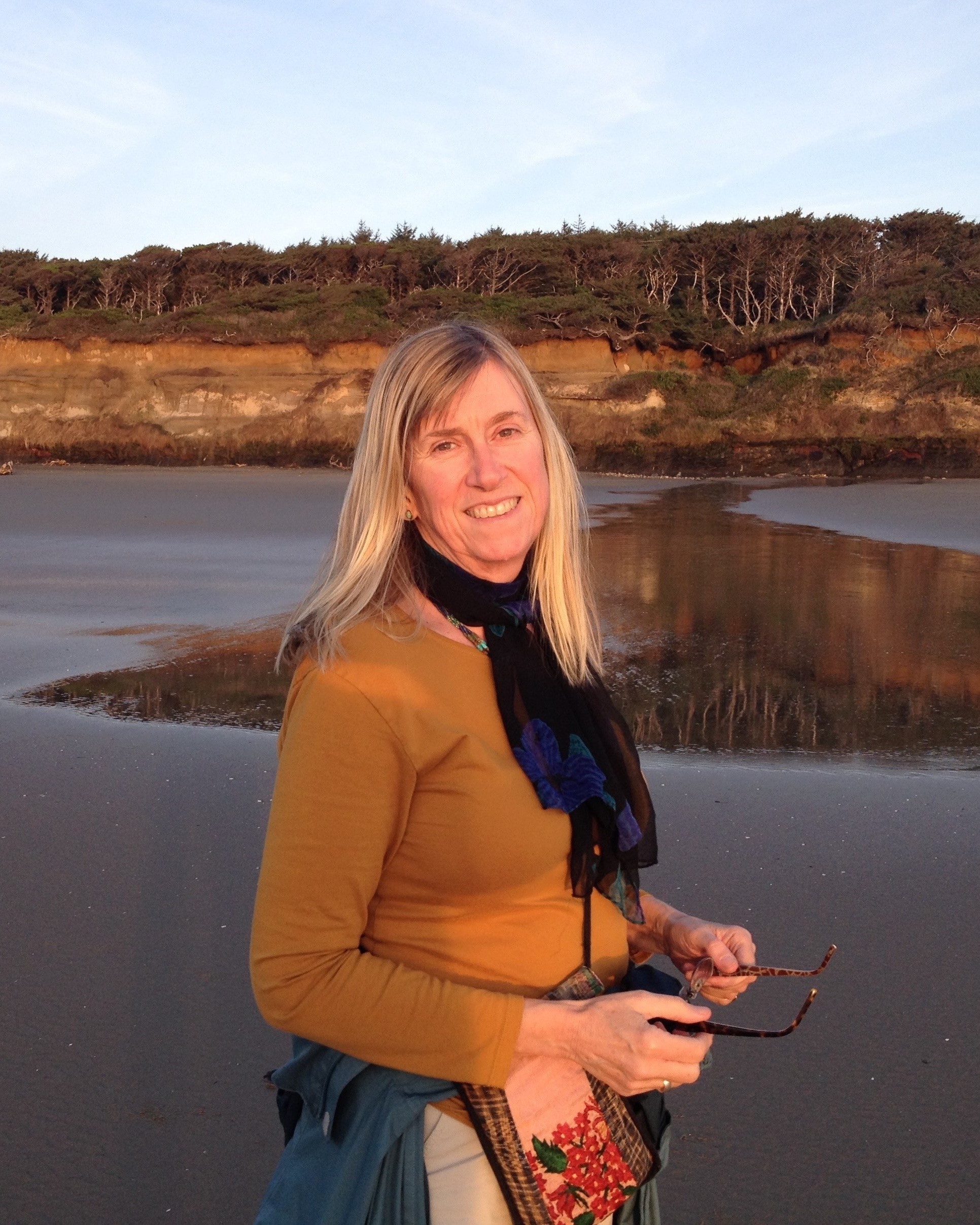
Then Now
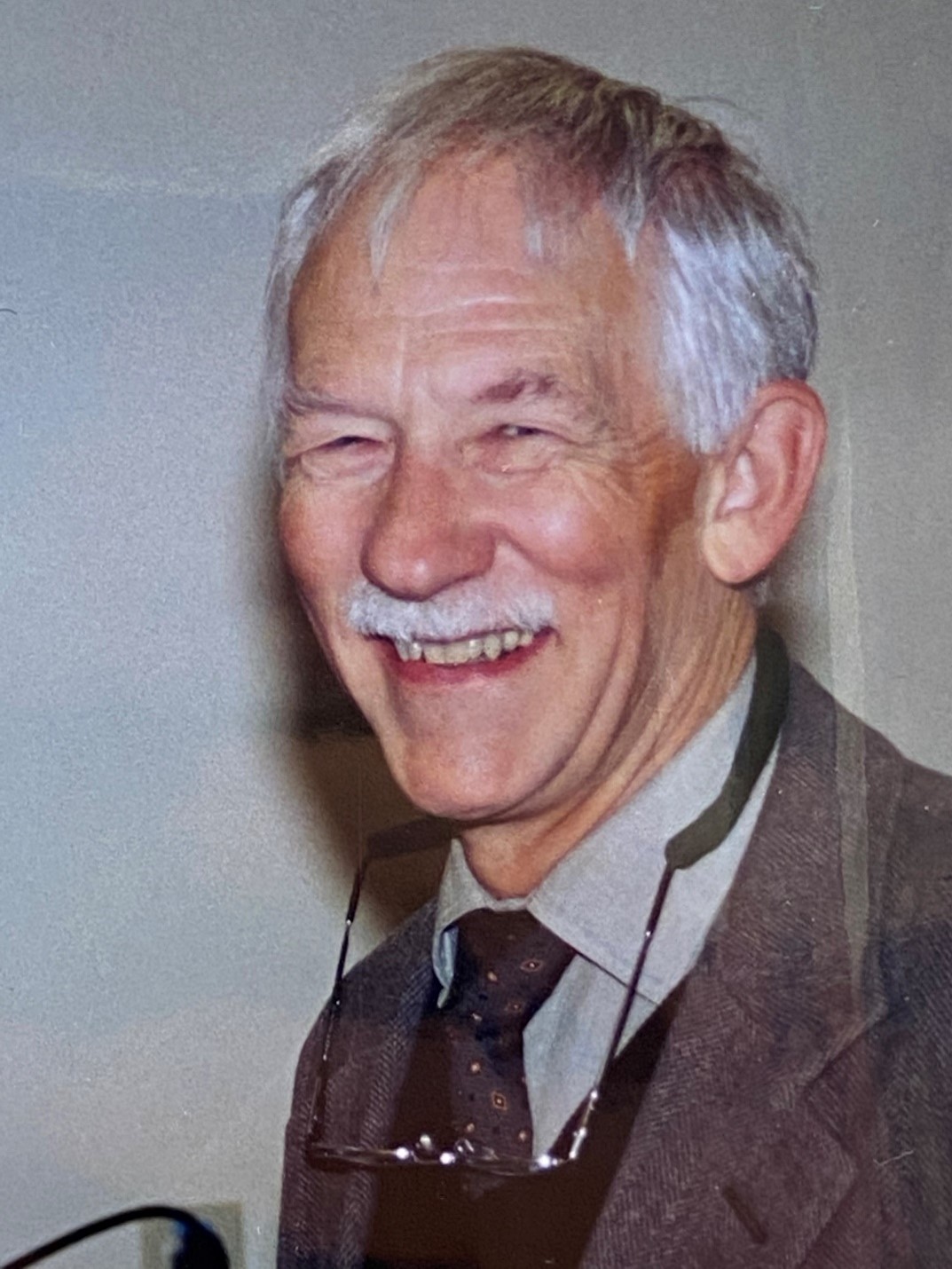
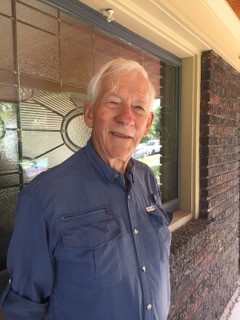
Then Now
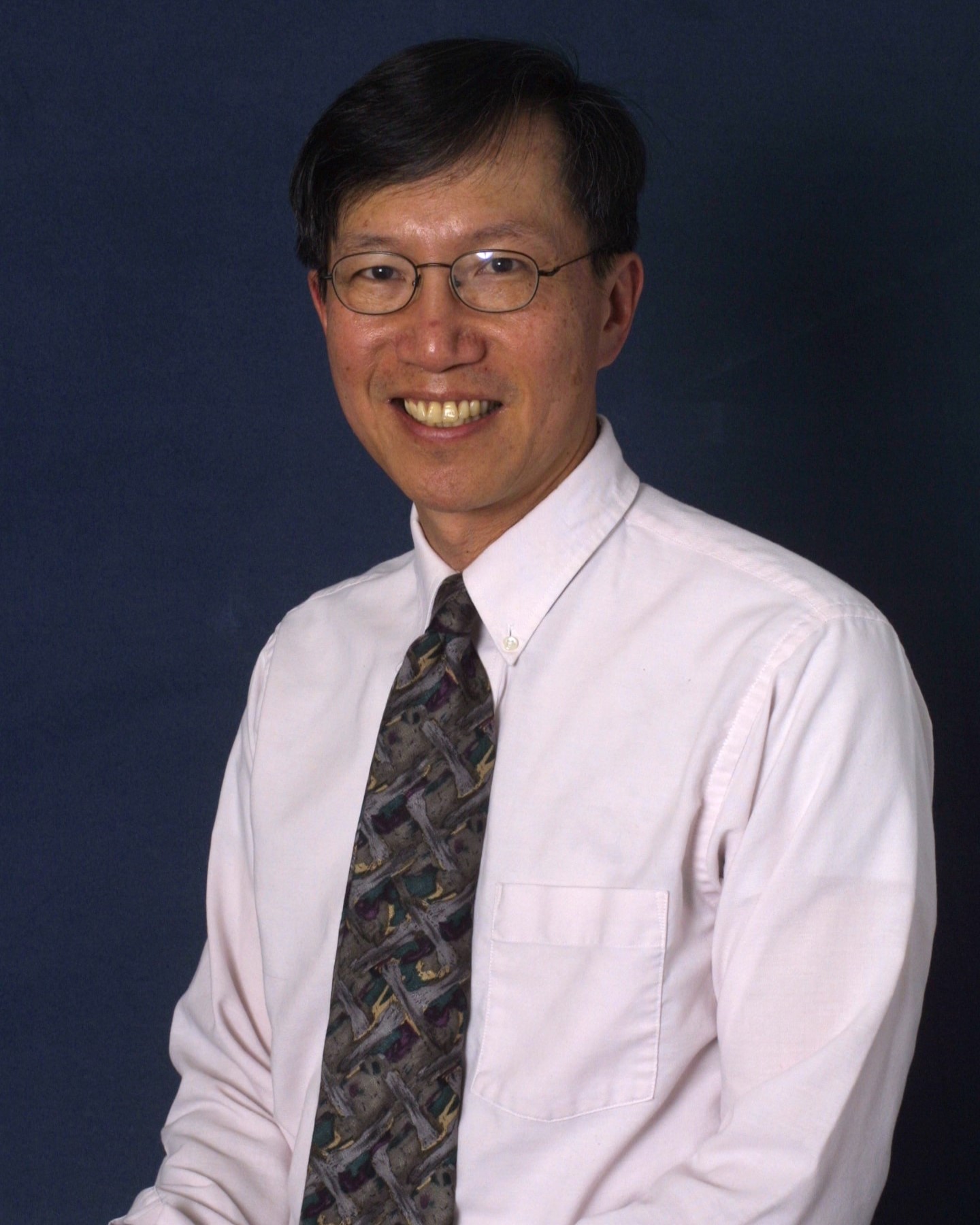
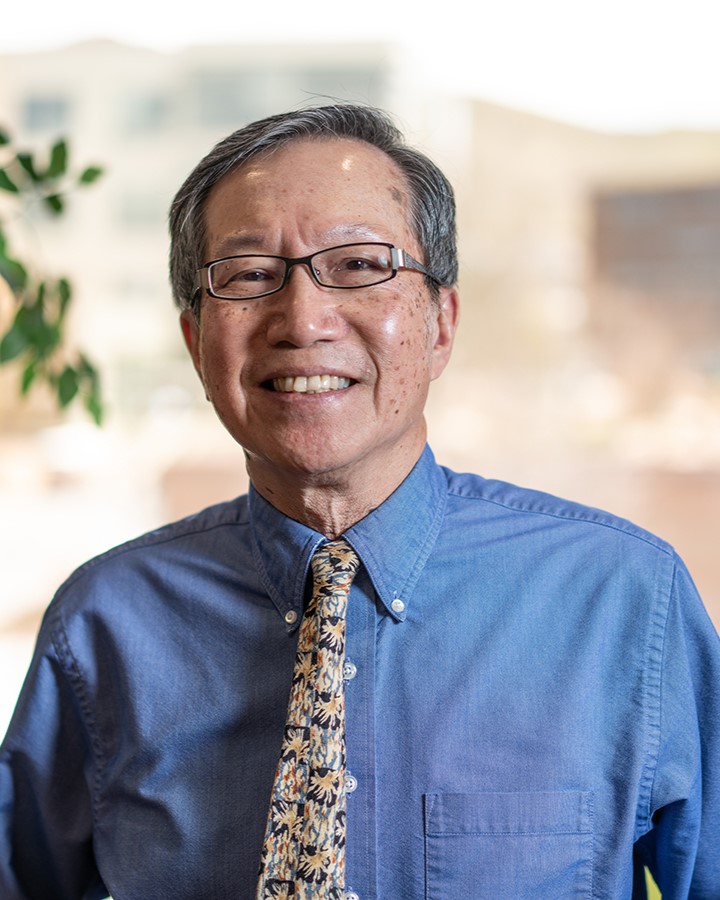
Then Now
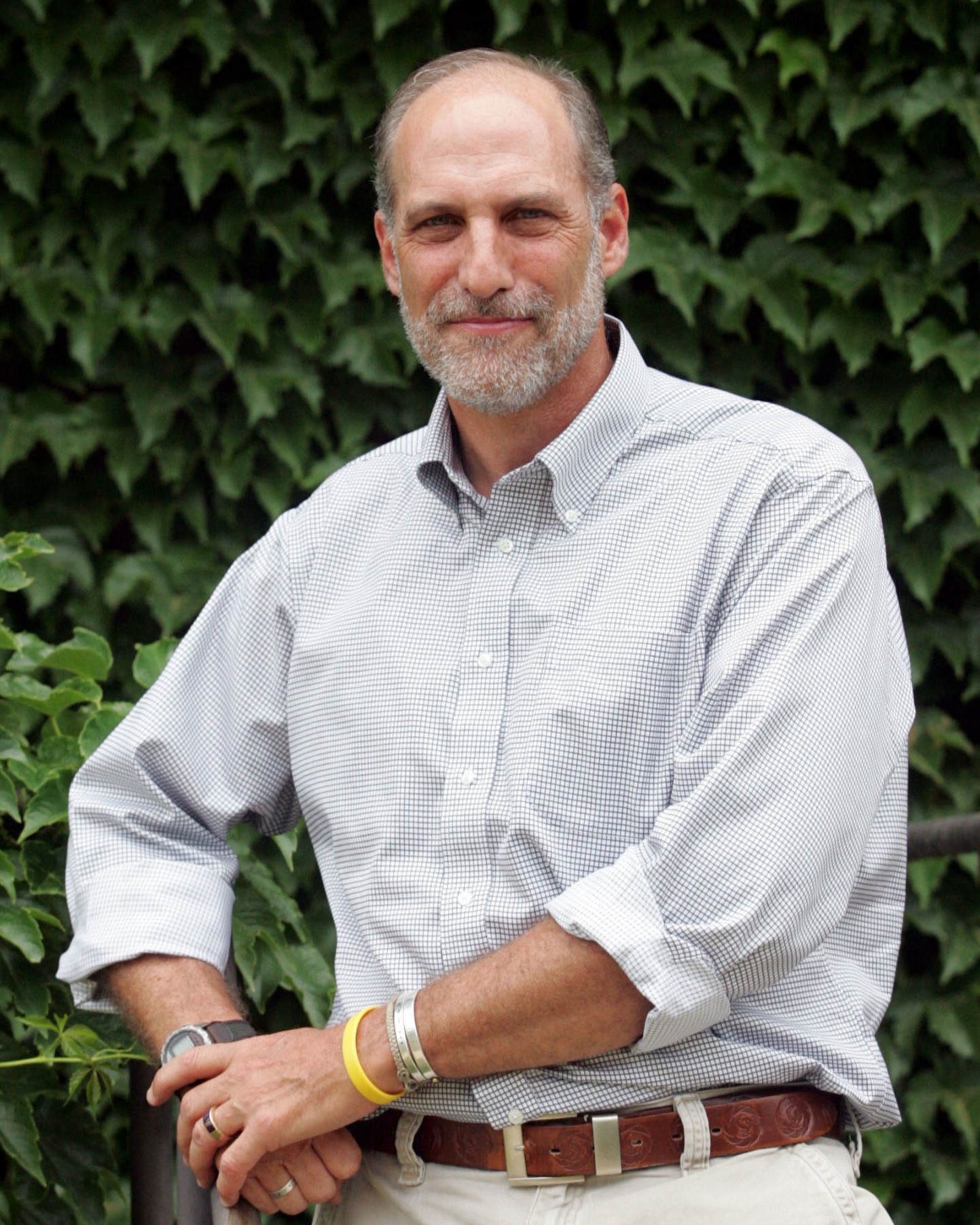
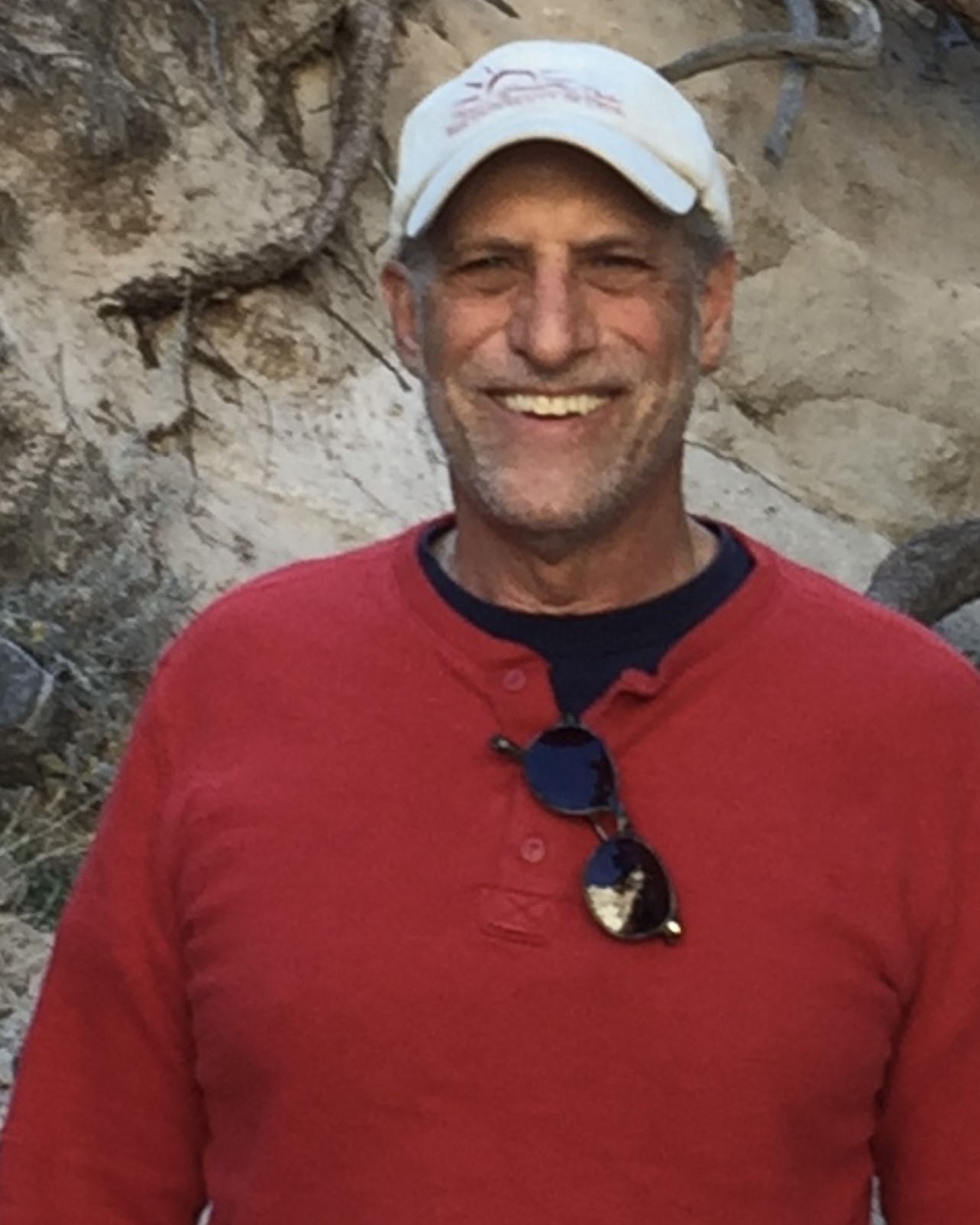
Then Now
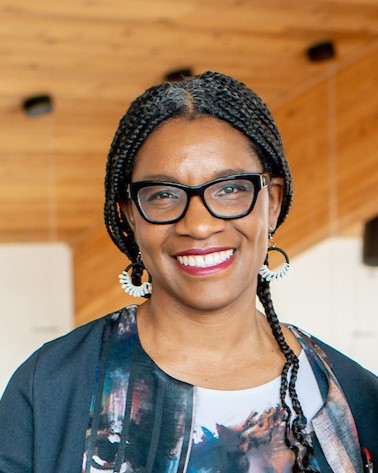
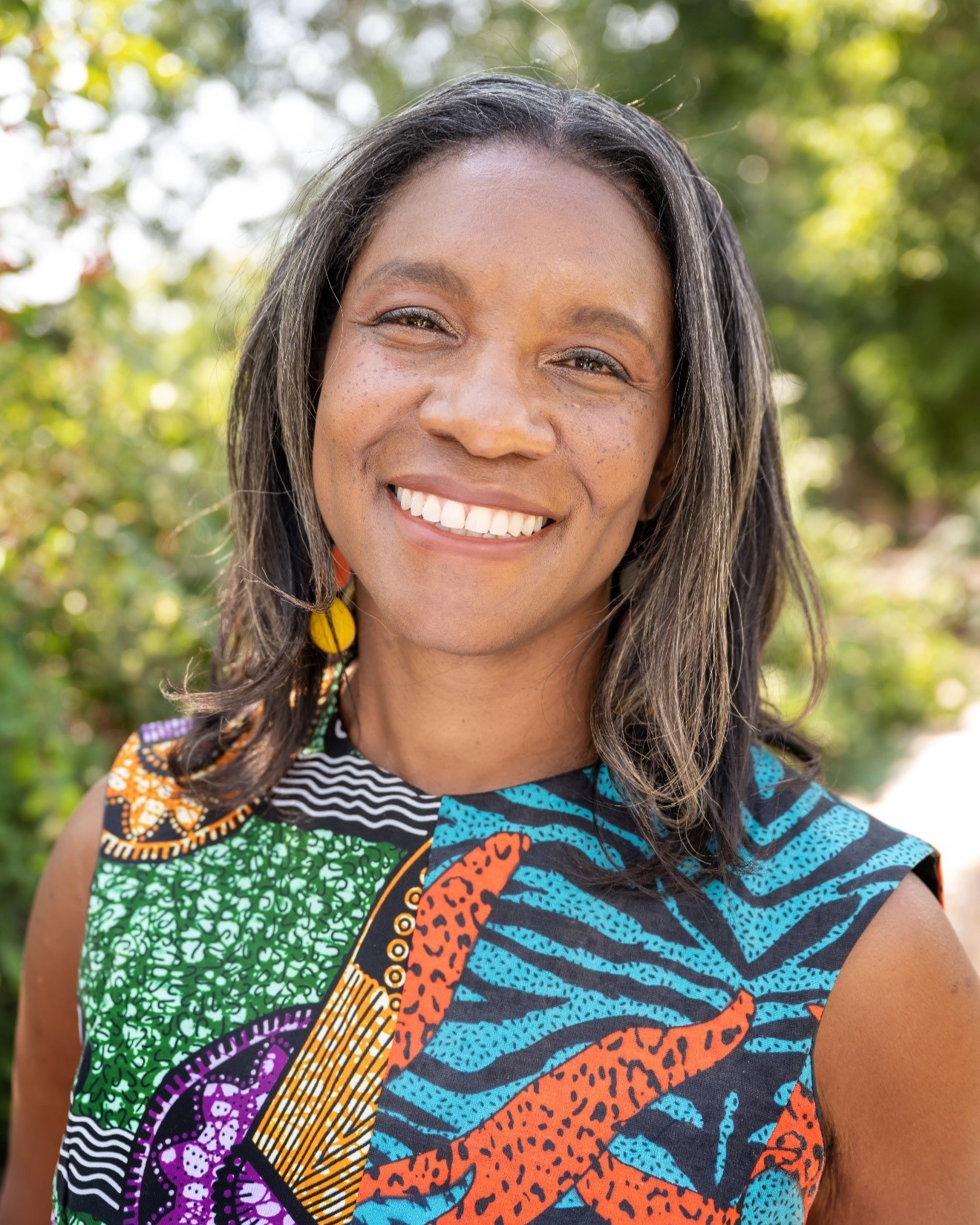
Then Now

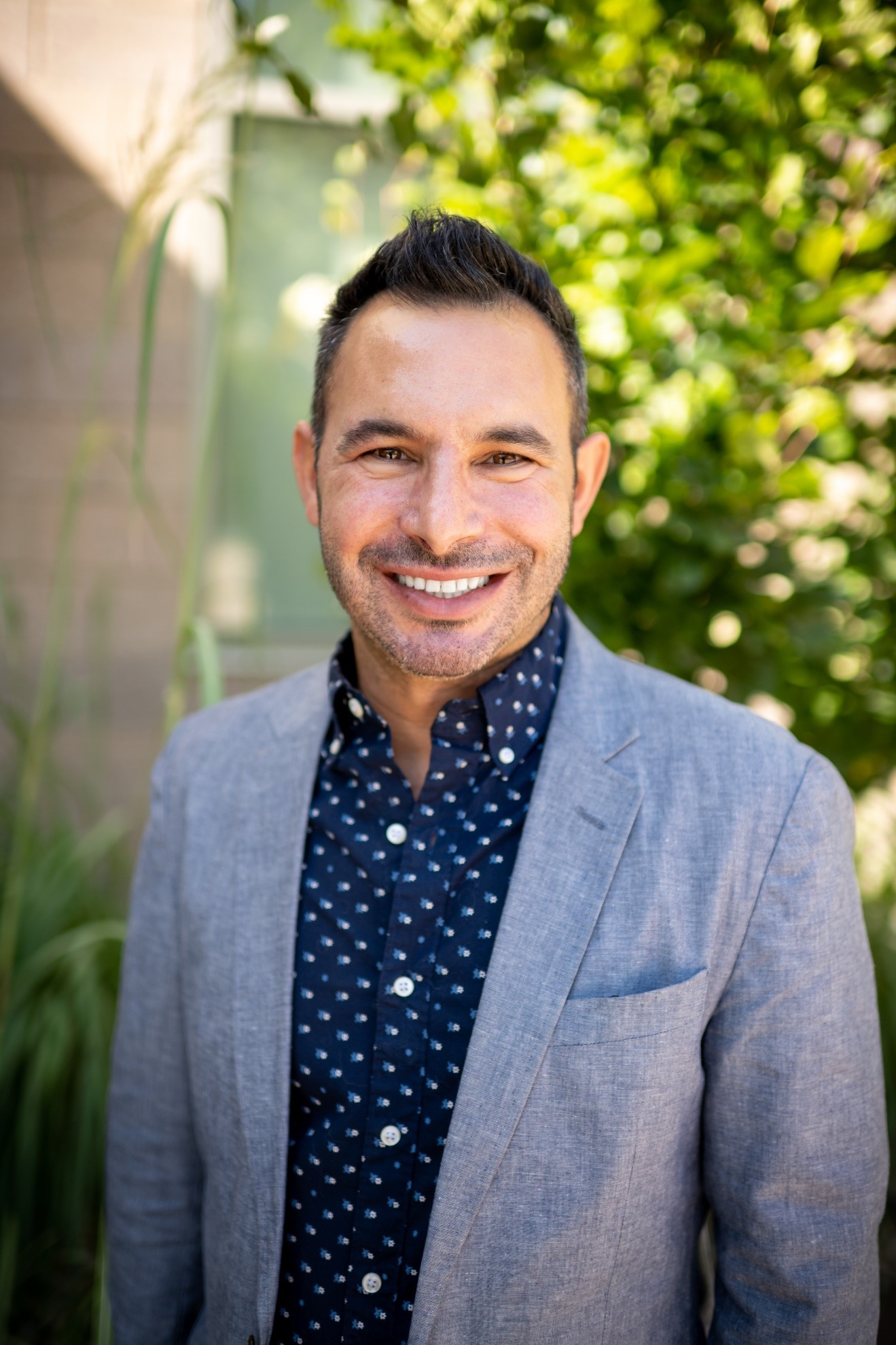
Then Now
Robert Caserio | 1988
"One highlight of my time at the Center was our successful revival of the Western Humanities Conference, “a forum for interdisciplinary exchange in the human sciences.” The conference, founded by UC Santa Cruz historian Hayden White and composed mainly of West Coast institutions, sought fresh direction in 1987. We initiated its revival, enlarging the membership to twenty universities, including those in the Intermountain West. The 1992 forum, “Privacy, Collectivity, Public Spheres,” at the University of Washington, Seattle, brought together a typically exceptional group of Conference scholars."
Larry Gerlach | 1988
“It was my honor to serve as the first director. Norman and I conceived the Center, modeled after the Humanities Center at Stanford University, to advance and promote research in Humanities disciplines. Each year “fellows” selected from applications—both University of Utah faculty and scholars from other institutions-- would further their individual research projects, discuss each other’s work, and present a public lecture on their research or a topic of choice.”
Cynthia Buckingham | 1988
“I had the privilege of working with an amazing, creative, dedicated group of scholars from every department within the College [led by co-directors, Larry and Robert] charged with developing priorities, building support among colleagues and leadership, and shaping the Center’s mission and programs.”
Patricia Hanna | 1989 - 1991
“When I was Director, along with Lowell Durham, Jr., the staff was excellent and fully engaged with all the fellows. We held lunches--I think every other week--with the team and the fellows. The fellows talked about their projects, and we had the most lovely (and lively) discussions you could ever imagine. I listened to people talk about material history, the history of heterosexuality, the history of sports, the Minimalist Program in Linguistics--anything that anyone wanted to talk about--and I never left feeling that I hadn't learned something new and important. The Center embodied the essence of academic life.”
“Perhaps my favorite program was the high school history teachers' workshops. I take unimaginable delight watching my colleagues in the History Department work with educators and share their research with them in practical ways that can easily be transferred to the 9-12 classroom.”
Lowell Durham | 1991 -1997
In Memoriam
Lowell Durham was an accomplished writer, editor, poet, and gifted academician. He was also a successful businessman, a respected community leader, and a talented athlete. His dedication and commitment to studying humanities earned him widespread recognition and respect from peers and colleagues. Durham was director of the Tanner Humanities Center when he passed away in 1997 from cancer. Durham's contributions to the Tanner Humanities Center and the field of humanities are immeasurable, and his legacy will continue to inspire and guide future generations of scholars and students.
[A humanities education helps students to] "ask important questions about life, encouraging them to seek answers that are thoughtful, that avoid the insular, and that take into consideration differing cultures and worldviews." - Lowell Durham
Peter Appleby | 1997 - 1999
In Memoriam
Peter Appleby graduated from Hamilton College with honors in Philosophy, English and French Literature before he attended the Episcopal Theological School and Harvard Divinity School. Peter's areas of research and publication were philosophy of religion and philosophical theology, and professional and applied ethics.Throughout his tenure, he brought his expertise in philosophy of religion and philosophical theology to the Center, inspiring and guiding students and scholars alike.
Quote from Nancy Appleby (wife):
“Peter's devotion to the Tanner Humanities Center reflected his deep conviction that informed, respectful engagement among people of diverse views is essential to creating a more just and humane society. Peter loved being part of that mission. The Center continues to provide a framework for serious and humane engagement.” - Nancy Appleby, Peter's wife
Holly Campbell | 1997 - 1999
“The late Bishop Carolyn Tanner Irish shared a quotation with me. “Your vocation in life is where your greatest joy meets the world’s greatest need.” (Frederick Buechner, Presbyterian minister, July 11, 1926 - August 15, 2022). It was a pleasure and honor to get to know her and to meet Mrs. Grace Tanner. Bishop Irish was a constant source of support, as were Chase and Grethe Peterson. I feel sure that she would be pleased with how the Center has become a leader in the Utah cultural community in the beautiful building where the Center is housed.”
Gene Fitzgerald | 1999 - 2003
“The highlight of my time at the Institute was making it a center for scholarship in the Humanities with scholarship money for internal and external fellows. We were able to fund and give time away from teaching to several applicants. During the year, the fellows would present their work in progress. Allowing us the ability to meet and encourage new scholars to accomplish and present “cutting edge” scholarship and publications on a wide variety of humanities subjects to the academic community and the public as a whole.”
Vincent Cheng | 2003 - 2006
“I am proud of the many activities we initiated and developed: summer workshops for high-school teachers; Faculty Research Interests Groups; hosting various conferences; planning University lectures; meeting with Carolyn Tanner Irish and the O.C. Tanner staff; fundraising both locally and nationally; sitting down with the architects to plan the design and details of the new Center digs on the first floor of the Tanner Irish Building (which had not yet been built); and so on. Perhaps the most memorable highlight for me was when we hosted Paul Farmer, culminating in his luminous and inspirational lecture at the UMFA auditorium—at which twice as many people showed up as could possibly fit into the auditorium so that we had to also broadcast the lecture simultaneously out to the standing-room-only crowd crammed into the museum hallways.”
Bob Goldberg | 2006 - 2019
“The highpoints of my tenure were lectures by Nobel Prize winner James Orbinski of Doctors without Borders, Nobel Peace Prize winner Shirin Ebabi of Iran, Human Rights Activist John Prendergast, and CIA Director John Brennan. [The center creates opportunities that reflect diverse experiences so that all can] find commonalities in the many ways we are human. We crafted programs like the World Leaders Lecture Forum, Professors Off Campus, Latter-day Saints Studies, and NEH-sponsored teacher workshops that offer self and collective discovery paths.”
Erika George | 2019 - Present
“As the daughter of a public-school teacher, I value the Gateway to Learning program. With more school districts in Utah and across the country banning books and censoring certain topics, I especially appreciate the colleagues who volunteered to teach a new course on teaching challenging topics in the 21st Century Classroom and agreed with the importance of equipping educators to address issues of intolerance.”
Jeremy Rosen | (Acting) Fall 2022
“The highlight of my time at the THC was the Joy Harjo Tanner Lecture on Human Values at Kingsbury Hall, seeing such a big room full of people who have come to hear the wisdom of one of our greatest living poets and seeing how much she touched people's lives.”


